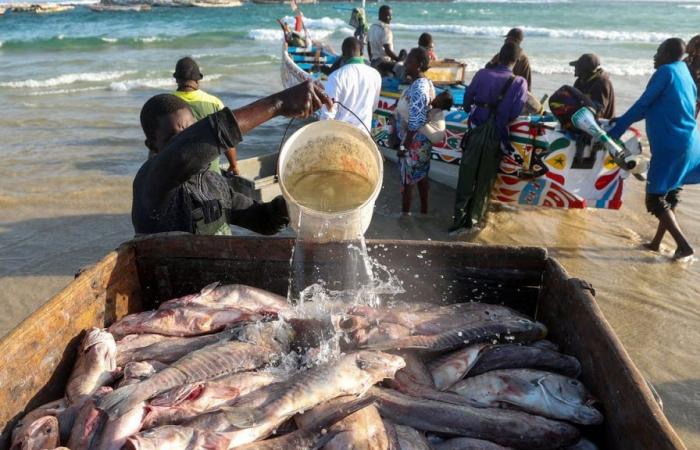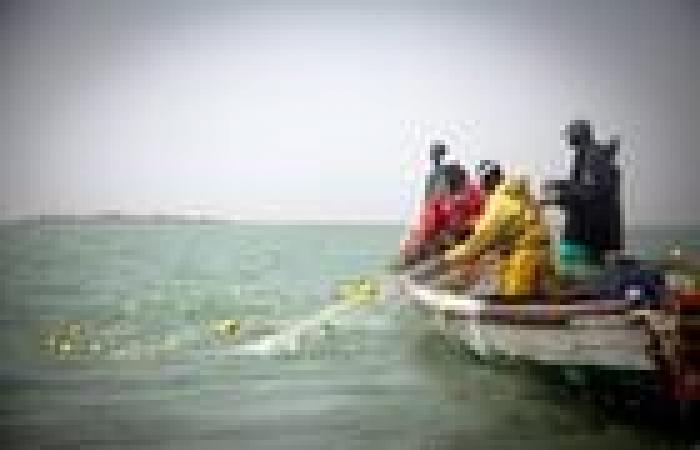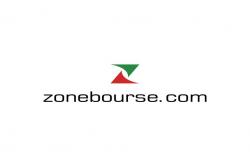In fisheries, being transparent has real benefits for both people and the planet. Transparency helps protect marine fauna and flora, guarantee the livelihoods of coastal populations, ensure food security and improve a country’s public finances. Two recent examples of progress in Africa demonstrate this.
Compliance with regulations in Senegal
In Senegal, the new government has set about the task after making fisheries reform one of its main electoral promises. After having recently released a list of vessels authorized to fish in its waters, the country has just made public information on sanctions and fines for fishing-related offenses, including fishing without a license and the capture of juvenile fish. Since January 2024, the fines imposed have been between 400 and 599 million CFA francs, or between 611,000 and 916,000 euros. This is a significant advance compared to last year, when only 103 million CFA francs (157,000 euros) were required under the same lois on fishing.
the rest after this ad
This new energy is welcome. Illegal fishing directly harms coastal communities by compromising their food security and income. It also degrades habitats and marine biodiversity. According to testimonies collected from workers in the sector, large vessels engaged in illegal fishing have been involved in various fatal collisions with artisanal fishermen in Senegal. The capture of juvenile fish also poses a problem: these species have no chance to reproduce before being captured, which threatens the future of fish populations as well as that of people and the marine ecosystems that surround them.
To read: Why fishing is making waves in Senegal
One thing is certain, fishing legislation is only effective to the extent that it is actually and effectively applied. We must therefore welcome the commitment and desire of the new government to make this regulation a reality. Transparency means the effective participation of community representatives in the guidance and management bodies but also mastery of the system for granting fishing licenses and the Senegalese flag. In this perspective, an in-depth audit of these processes is necessary, vue to be part of sustainable fisheries management.
the rest after this ad
Haro on “flags of convenience” in Cameroon
In Cameroon, progress has also been made. Last year, the European Commission gave the country a “red card” due to its failure to combat illegal, unreported and unregulated (IUU) fishing. Efforts have since been made to lift this sanction. This month, a milestone was reached. By publishing the list of licenses for the country’s vessels, the Cameroonian authorities have introduced essential transparency measures so that States and all THE relevant supply chain actors can verify the status of a vessel and take another step towards eradicating illegal fishing. Note that the list of vessels is a necessary instrument for fisheries inspectors and other control bodies for the fight against IUU fishing, but also for researchers in monitoring fishing effort.
To read: How Cameroon wants to boost its economy
Both countries must now build on this progress. In Senegal, the regular provision of a complete list of sanctions and beneficial owners of a vessel’s activities, as opposed to to current global information, constitutes a priority. This would strengthen efforts to identify those responsible for illegal fishing, human rights violations and the deterioration of the way of life of coastal communities. And also to raise the level of deterrence against crooked behavior, therefore prevention.
the rest after this ad
In Cameroon, the next decisive step will be to crack down on the use of the national flag as a “flag of convenience”. It is the responsibility of each country to ensure that ships flying its flag comply with the law. However, unscrupulous operators record their vessels in countries known for lax enforcement or failure to investigate the vessel’s history. They frequently move between registers to avoid detection in cases of illegal fishing or human rights violations.
Beneficial transparency
The country is known to be a popular destination for vessels seeking such a flag, and the number of boats has exploded in recent years. Research conducted by the Environmental Justice Foundation (EJF) in 2022 revealed that 55% of vessels in the entire Cameroonian fleet had been added in the previous five years, and that 94% of them were foreign-owned. Almost all of them had no real connection with Cameroon: they did not fish in its waters, did not employ its inhabitants and did not unload their catch in Cameroonian ports. Despite the fact that some of these ships have recently abandoned the country’s flag, this situation remains a reality and only harms Cameroon’s international reputation. Restore control over persons authorized to fly the Cameroonian flag and monitor close those who are authorized to do so would constitute essential and significant progress.
the rest after this ad
Beyond these immediate measures, the two countries can guarantee global and systemic transparency of fisheries by including in their regulations and implementing the principles of the Global Charter for Transparency. These principles are effective, cost-effective tools that have proven themselves to bring the sector out of the shadows and ensure that fishing practices are safe, sustainable and legal. We encourage Senegal, Cameroon and all nations to adopt them without plus to wait for.
Today’s eco.
Every day, receive the essential economic news by email.







